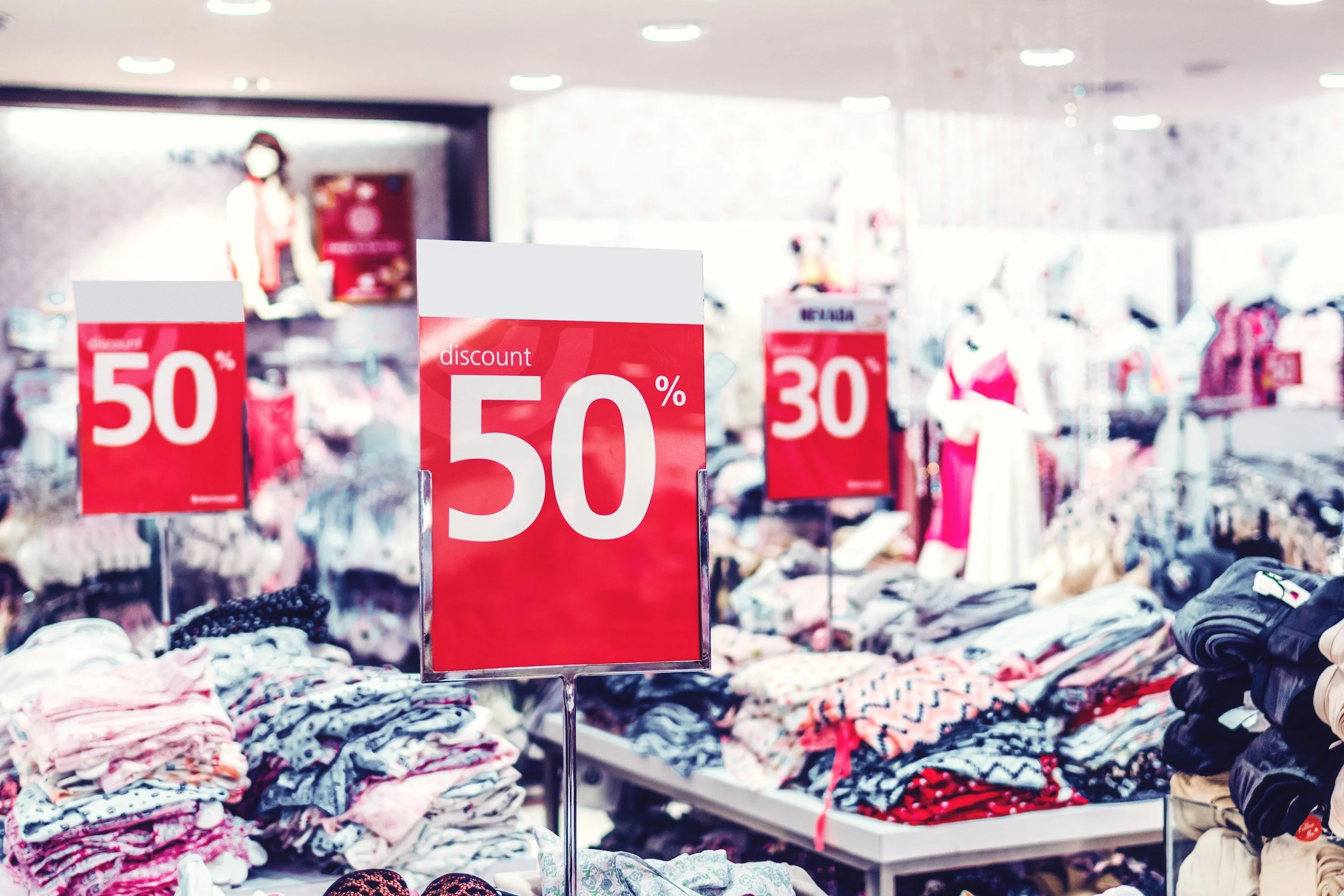Add to Cart, Add to Chaos
By Farra Santoso
You’re scrolling through social media. The first video is someone unboxing a 15-step skincare routine, each product claiming to be essential for ‘self-care’. The next video? A massive haul of the season’s trendiest outfits, promising to boost your confidence. Then a must-have gadget that’ll supposedly simplify your life. Before you know it, you’re not just scrolling–you’re adding to cart. Sound familiar?
This is the trap of TikTok-driven overconsumption – a digital culture that convinces us that more is always better. That you need all these things to be happy. But what if I told you this ‘self-care’ culture isn’t caring for us at all?
From an economic perspective, social media has fueled a powerful shift in global consumer behavior. Platforms like TikTok accelerate the demand curve, creating artificial “needs” through viral trends and influencer marketing. Demand becomes increasingly shaped by instant gratification and the fear of missing out (FOMO), which are psychological triggers that stimulate only short-term spikes in consumption.
We’ve all heard of the Sephora 12 year-olds that indulge in dozens of products with the belief that by doing so, they'll finally fit into society’s picture-perfect standards of what it truly takes to be a young teen and feel just a little more complete. They are the byproduct of a culture that normalizes excessive consumerism, and a perfect case study of consumer socialization. Once people are influenced by their environments to overconsume early, they’re likely to carry these habits into adulthood which keeps global demand for these luxury goods high.
This overconsumption connects directly to the global supply chain. When a product goes viral online, demand surges at a worldwide scale, which pressures suppliers - often developing nations - to ramp up production. This may boost short-term GDP growth in those countries, but at the cost of negative externalities like pollution, unsafe working conditions, and resource depletion. The disparity here is that consumers in wealthy nations get cheap goods and profit margins, while producers in poorer countries bear the hidden costs and remain locked in these low-value roles.
But we don’t have to buy into this. As young people, we can use our connections to encourage ethical brands, thrifted clothes, or minimal skincare routines. Our consumer sovereignty can reshape how firms function, and the global economy as a whole. If we demand more transparency and follow through with sustainable practices, we can push firms to internalize their externalities rather than passing them onto vulnerable workers and the planet.
Social media has convinced us that self-care means consuming more, but real self-care is about being mindful. Real self care isn’t about overwhelming our bodies with products we really don’t need. It shouldn’t be about keeping up with the latest trends, or indirectly taking away from a planet we don’t entirely own. So I challenge you: the next time Tiktok tempts you with a ‘must-have’ product, ask yourself–do I really need this? Can I make a choice that’s better for the global market and the environment? And more importantly, can I inspire others to do the same?

